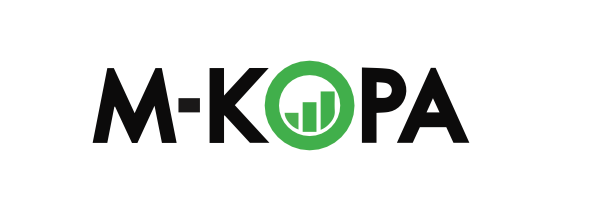Solar Financing for Residential Projects
Solar power can be an excellent investment for your home, allowing you to significantly reduce or even eliminate your power bills and increase the value of your home. However, that investment isn’t small and frequently costs tens of thousands of dollars if you install a full-sized solar power system to meet your energy needs. That investment can be daunting to many, but if you’re committed to switching to solar power, our financing options can help.
Solar power has emerged as a viable solution for households and businesses, especially in regions with abundant sunlight, such as the Middle East and Africa. However, the upfront costs associated with solar installations can deter many potential users. Fortunately, various financing options are available in these regions, helping to make solar energy more accessible and affordable. In this article, we will explore the different financing services available and how financing works in the Middle East and Africa.
Energyshub, has partnered with several financers to help our installers and their customers receive the financing they need for their residential solar projects.
정보 Power Purchase Agreements (PPAs)
This method allows customers to install solar systems with minimal upfront costs. In a PPA, a third-party provider installs the solar system, and the customer agrees to purchase the generated electricity at a predetermined rate for a specified period. Companies like SirajPower in the UAE are leading in this model, enabling businesses and homeowners to benefit from solar energy without the burden of initial investment.
정보
Pay-As-You-Go (PAYG)
his innovative model is particularly effective in off-grid areas of Africa, where companies like M-KOPA and d.light provide solar home systems. Customers typically make small, manageable payments over a set period, eventually owning the system outright. This financing method makes solar energy accessible to low-income households by aligning payment with cash flow.
Leasing
Similar to PPAs, leasing involves a third-party company that owns the solar system. The customer pays a monthly lease fee while enjoying the benefits of reduced electricity costs. This method can be found among companies like SolarAfrica in South Africa, which offers solar leasing solutions for businesses and homeowners.
Government & Development Bank Programs
Various governments and institutions, such as the African Development Bank (AfDB), provide funding and incentives for renewable energy projects. These programs can offer favorable loan terms or grants, encouraging investment in solar power across the region.AFDB provides funding and incentives for renewable energy projects
How Financing Works in the Middle East and Africa
Step-by-Step Process of Solar Financing
Assessment and Consultation: The first step in any financing process is assessing the energy needs, roof space, and financial situation of the customer. Many companies offer free consultations to understand individual requirements and to guide potential customers in choosing the right financing model.
Choosing a Financing Option: Based on the assessment, customers can select a financing option that best fits their needs:
- If upfront investment is a concern, a PPA or leasing might be the best choice.
- For those in rural areas with limited access to financing, PAYG systems provide a practical solution.
Installation: After agreeing on the financing terms, the solar installation company will finalize the design and schedule the installation of the solar system.
Payment Structure: Depending on the financing model chosen, payments will commence as per the agreed schedule. In a PPA or lease, payment is based on energy consumption, while for PAYG models, customers will make scheduled payments until full ownership is achieved.
Ownership and Returns: Once the payment term is completed, customers often own the system outright, benefiting from free electricity for the remaining lifespan of the solar system, which can be 25 years or more. This leads to significant long-term savings on energy costs.
Solar financing in the Middle East and Africa is evolving rapidly, providing numerous options that make solar energy accessible for households and businesses alike. By understanding the various links to financing services and how they work, potential solar adopters can make informed decisions that align with their financial situations and energy needs. Whether you’re considering PPAs, leasing, or PAYG options, the potential for savings and sustainability is immense in this promising renewable energy landscape.
For more information on available financing options in your region, consider reaching out to 에너지허브 or financial institutions that specialize in renewable energy solutions. The journey toward solar energy begins with understanding your options and choosing the right path for your needs.






